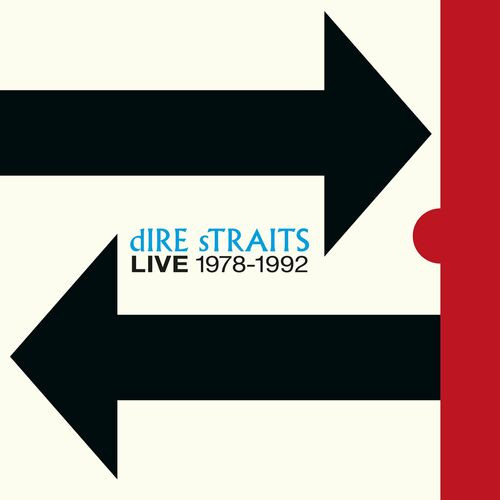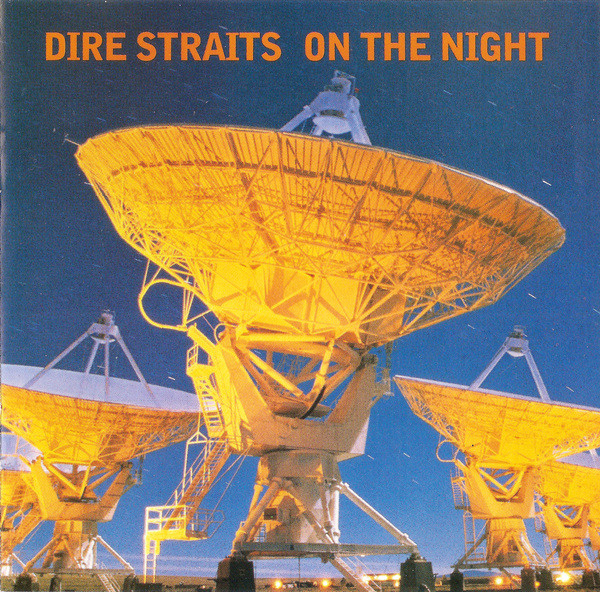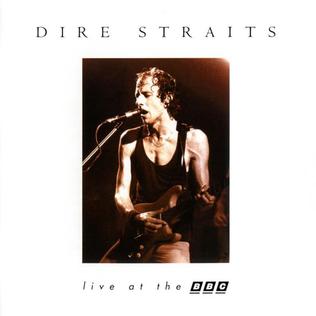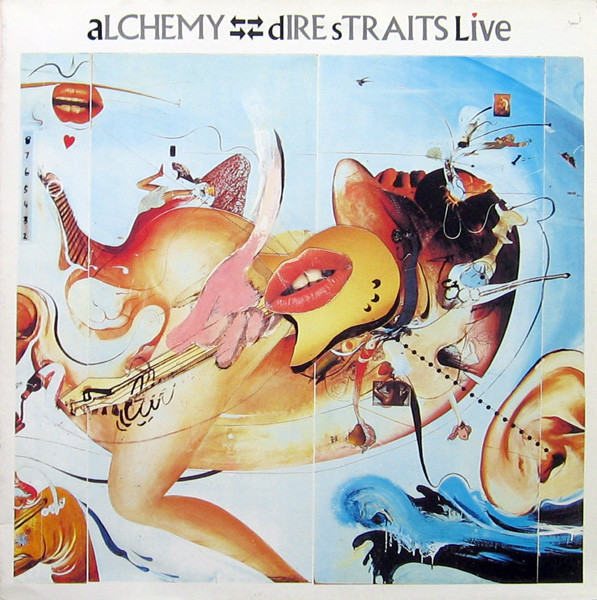The decades since had seen a handful of compilations, but no expanded remasters. Even when the box set The Studio Albums 1978-1991 repackaged the vinyl in 2013, it didn’t include the Twisting By The Pool EP or anything else from the handful of non-album B-sides sitting all alone. The outcry that followed didn’t change the contents of the set any seven years later when the same title was released as a CD set. (Each album was in a simple replica sleeve, each with an insert approximating the inner sleeve with lyrics where applicable.)
Still, the studio albums only told part of the story, so the people in charge of these things had a chance to throw the fans a bone with Live 1978-1992, which collected—and, in some cases, expanded—the band’s official live albums, bolstered by a show from the vault. (The packaging was a little more elaborate than the studio box, with sturdier gatefold replica sleeves and a booklet with photos and a fawning essay.) Alchemy, which was already longer on CD than the cassette and LP, gained three songs to fill nearly two hours. (They did chop a minute of the “Going Home” intro, which was a shame.) On The Night was expanded by an hour to spread across two discs with the addition of seven tracks. The British Encores EP was also included in the box, unnecessarily repeating “Your Latest Trick” and not folding the other three songs into the On The Night discs, where they could have fit.
Live At The BBC was the same as ever—though it did gain about a minute to accommodate a DJ’s introduction of the band members—but the big draw was the first-ever release of Live At The Rainbow, recorded at the legendary London theater at the end of the Communiqué tour. It’s a bigger show than what’s heard on the BBC—not the members, just the size of the room and the ambience—and they seem a little tired, but still engaged.
Luckily, they improve as the set goes on. They play most of the first album and half of the second, and still close to the album arrangements at this juncture; having yet to hire a keyboard player, “Portobello Belle” hasn’t been tarted up yet. Oddly, despite the presence of “Lady Writer” in the set, they’re still playing “What’s The Matter Baby?” The crowd does get to hear early versions of “Les Boys” (prefaced by an almost apologetic intro), “Solid Rock” (not yet there), and most surprisingly and satisfyingly, “Twisting By The Pool” three years early. That last one sets up an encore of four oldies, where they’re joined by Thin Lizzy’s Phil Lynott and Tony de Meur of The Fabulous Poodles.
Dire Straits Live 1978-1992 (2024)—3










